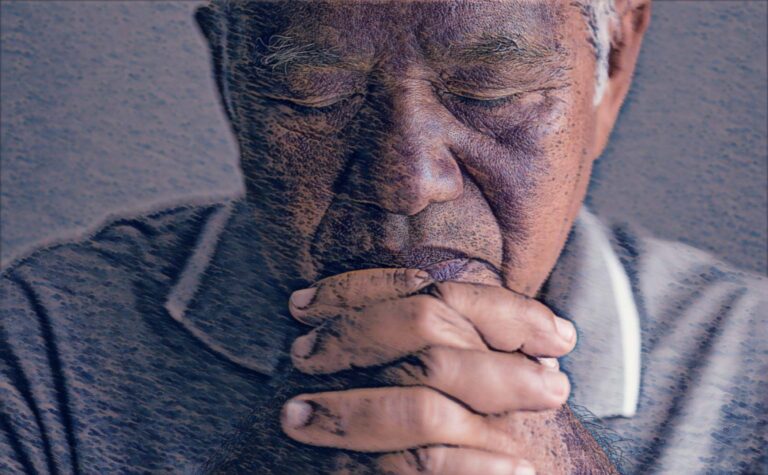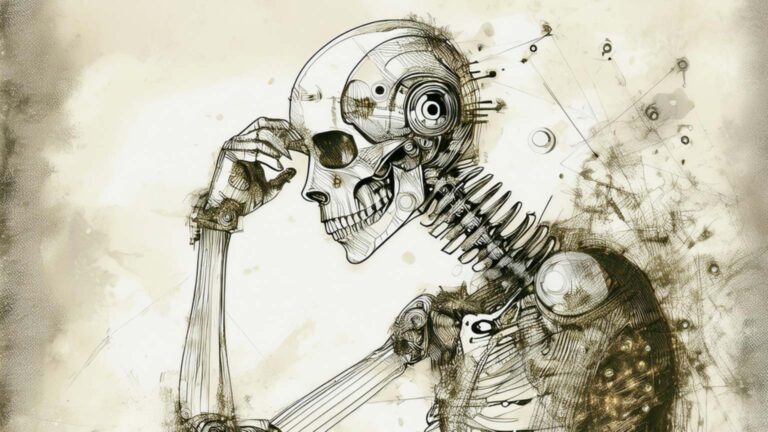After announcing this morning that Nelson Mandela has been admitted into hospital for tests, BBC Radio 4 News continued by saying he was ‘not in danger.’ Much loved though he is, Nelson Mandela is 92, and as far I am aware, not immortal. Clearly his body is beginning to pack up, and he is getting ready to die. That’s what happens to people who reach this grand age. Attributing the concept of danger to this is, for me, ridiculous.
So is our seeming desire to pretend the inevitability is not going to happen. It’s reflected in almost every article I read about the ageing process. Take, for instance, Tuesday’s (25th January,2011) Daily Mail article, ‘ Are you set to inherit your mother’s face? Don’t be a slave to your genes – You CAN avoid those sags and wrinkles.‘
Sure, you can lessen the risk of sags and wrinkles if you never expose your skin to the elements and live a stress free life. You can help it by investing in astoundingly expensive cosmetics and skin treatments (just Pond’s Cold Cream in our mother’s day). You can also avoid doing, as the article suggests, all those things that aged your mother, such as sunbathing. And, you can indeed hope that your genetic imprint is more like your father’s side of the family, all of whom lived to a hundred and ten.
But, let’s have a reality check here. In the end, they aged and died just like your mother’s relatives.
Having gone through the transition from younger woman to older woman, I understand how distressing it is to lose control of your looks, and feel you’re on that slippery slide. The Sunday Times Style Magazine ran an article called ‘Look at Me’ (23rd January, 2011) giving examples of how middle-aged A-list celebrities are driven to desperate measures to remain visible and sexually alluring. But it saddens me that none of these articles talk about how this shift in life provides the opportunity to do things differently as we become elders.
Our fanatical desire to pound, punch and hammer our aging process into submission was put into perspective for me by The New Scientist article,’ The Bitter End,’ (issue 2625, Oct, 2007) written by Guy Brown, author of The Living End: The future of death, aging and immortality (Palgrave Macmillan, 2007). Brown reminds us that a mere 200 years ago our human lifespan was approximately 30 years. We died young, mainly of infections. These days, thanks to modern medicine and its rigid focus on prolonging life, our average lifespan has doubled. But, he warns, there is always a dark side.
The truth is that we have grown beyond what evolution intended. Under normal circumstances, our bodies are programmed to function fairly well until around 60. Bits start to go wrong or drop off between 60 and 67. After 67, our overall health begins to fail as our body naturally goes into decline.
However, since we are now living up to 20 and 30 years longer these days, it means that most of us will suffer from a range of protracted degenerative diseases associated with the ageing process: arthritis and rheumatism, osteoporosis, high blood pressure and heart failure, diabetes, ulcers and strokes, confusion and dementia, not to mention going deaf and blind as our bodies give up, but can’t die.
We need a new attitude to death, declares Brown. ‘Death is not the enemy; it is the integral part of life. It is ageing and its diseases that we should be fighting.’
I agree that we indeed need a new attitude towards ageing. Yes, of course, it’s wonderful to look good for as long as we can. We want to enjoy ourselves, and medicine can help greatly improve our quality of life in our later years. But I also believe that unless we accept our ageing process with dignity, we are going to enter older age with fear and trepidation, with few inner resources to sustain us as we become increasingly immobile.
Ever since I have accepted the fact I am going to die, I have been determined to live in the best possible frame of mind for as long as I can. Yes, I get life spectacularly wrong sometimes. But my foibles are well known to me, and I realise they are there to keep me emotionally and spiritually sharp until I cease to be.
So, rather than focus on my sags and bags, which is guaranteed to drive a woman insane, for me it’s about doing the best I can with who I am each day, and being damned grateful I am fit and healthy to do so. I am sure Nelson Mandela won’t be concerned with his physical appearance. It’s his inner essence that matters now.





